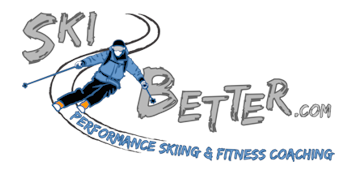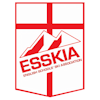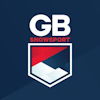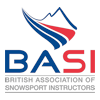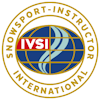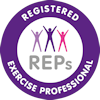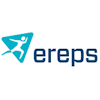I attended a coaching seminar in the summer where we had a psychologist from the skiing world (Jemima Barnes) talking about Mastery and Performance. Mastery seems to be a new buzz word introduced into the coaching world. In the past I have often talked about Development and Performance goals and I believe these two sets of terms mutually support each other from learning and psychological angles. The word MASTERY highlights the importance of DEVELOPMENT goals, not just PERFORMANCE goals, from a technical and psychological point of view. What this is showing is that if you are driven by a balance of mastery and performance related goals then you are less likely to inhibit your ability to improve your skill and achieve the performance levels you seek.
|
Traditional Coaching Goal Setting |
|
|
Development |
Performance |
|
|
|
|
|
|
Mastery (Development) |
Performance |
|
Find and enjoy...
|
these trends should be avoided ...
|
As coaches and parents the environment we create around our skiers and racers will affect what type of goals our racers and skiers set for themselves:
- During training sessions,
- At home / in the car before and after skiing,
- At the bottom of the slope
- On the way to events – races ski holidays
- During the events etc.
We should therefore focus on valuing progress, growth and effort. We can do this in many ways, but think about how we recognise the athletes (skiers) achievement in the feedback we give them and the conversations we have around them. A great way to value effort and progress is to reward and recognise athletes for the mastery of a small technical improvement of skill, but which may have taken a lot of effort to achieve. We also want to help our skiers understand that mistakes are okay and are inevitable during the learning phases towards Mastery. Top of everyone's agenda should be to learn new ways of doing things and coaches and instructors can be facilitators in this process.
As I write this I have just gone through this process with Hannah. Together we set some realistic SMARTER goals for her Duke of Edinburgh's Award. These were Mastery orientated and the change has been nothing short of remarkable. So it proves that if you just have performance orientated goals – you could be holding yourself back big time.
Goal Setting Considerations |
|
|
Potential Areas for Improvement... |
S.M.A.R.T.E.R Goal Setting |
|
T – Technical (skill level)
T – Tactical (right choices)
P – Psychological (courage)
P – Physical (condition, preparation, readiness)
E – Environment (terrain, weather, atmosphere)
E – Equipment (right equipment, prepared correctly)
|
S - goals must be Specific M - training targets should be Measurable A - goals should be Adjustable R - goals must be Realistic T - training targets should be Time based E - goals should be challenging and Exciting R - goals should be agreed and Recorded
A DREAM is not a GOAL until it is WRITTEN DOWN |
With this in mind I have developed a new web site called SKI Better (http://www.skibetter.com). Within this site I invite you to create a login ID and profile. Once you have done this we will then be able to set a balanced set of goals together, thereby targeting your development through both MASTERY and PERFORMANCE goals for the forth coming year.
Roger Crombleholme
DREAM - STRIVE - ACHIEVE
